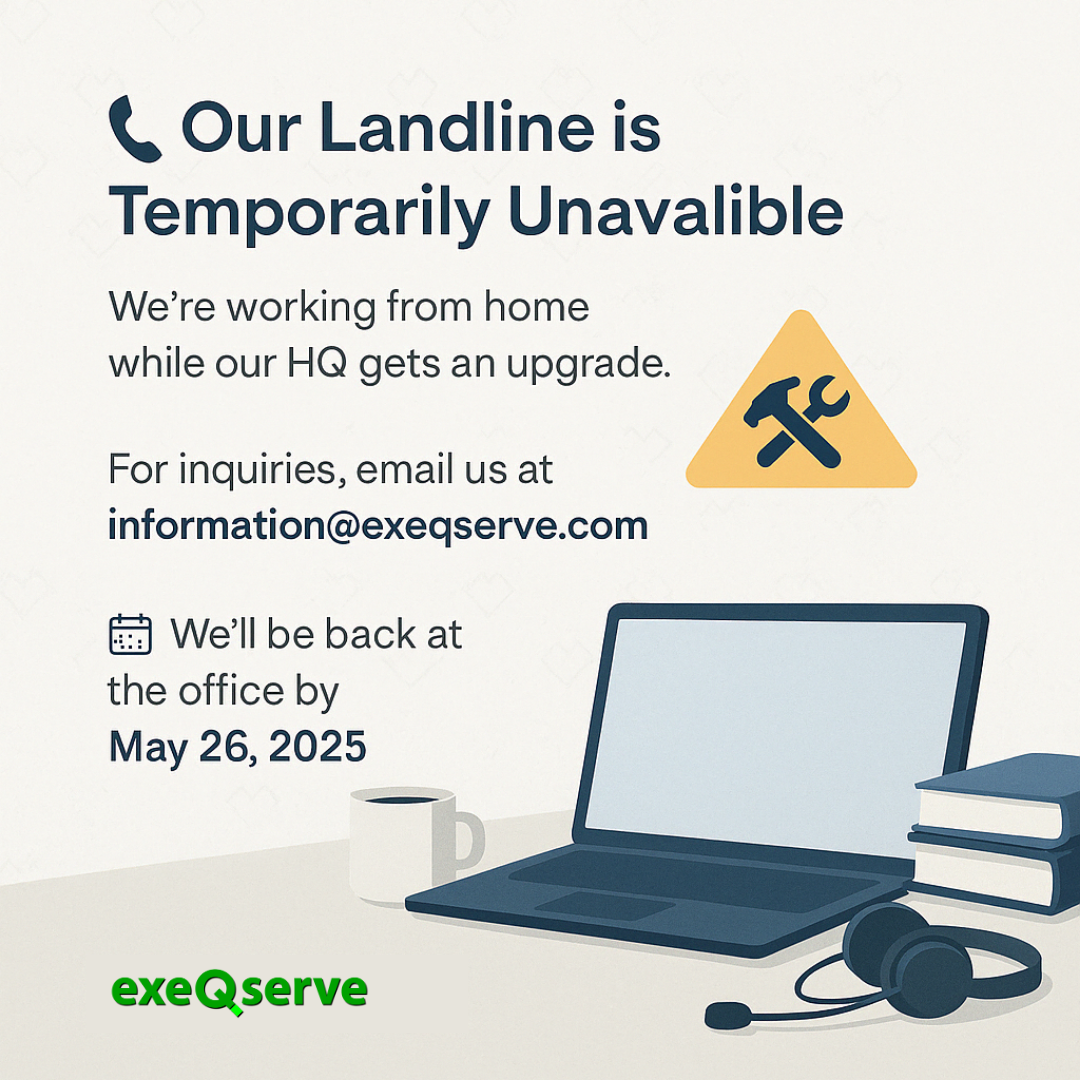In today’s rapidly evolving workplace, understanding the different generations is essential for effective leadership. Each generation brings unique values and expectations, and Gen Z, the youngest group to enter the workforce, is no exception. By grasping the key differences between Gen X, Gen Y (Millennials), and Gen Z, leaders can harness the strengths of these individuals to build high-performing teams. In this article, we will explore the varying values across generations, identify shared desires, and discuss how leaders can effectively lead Gen Z employees.
Generational Values: Differences and Similarities:
While generational values evolve over time, understanding the characteristics that distinguish Gen X, Gen Y, and Gen Z can provide valuable insights for leaders. Gen X employees, born between 1965 and 1980, grew up in a time of economic uncertainty and valued stability and security. They are often characterized as self-reliant and adaptable, inclined to keep silent and endure challenging situations.
On the other hand, Gen Y, or Millennials, born between 1981 and 1996, entered the workforce during the digital revolution. They prioritize work-life balance, collaboration, and personal growth. Millennials tend to seek purpose in their work and value feedback and recognition.
Now, Gen Z, born between 1997 and 2012, has grown up in the age of technology and constant connectivity. They are often described as digital natives, with an innate understanding of technology and an ability to adapt quickly to change. Gen Z values authenticity, inclusivity, social responsibility, and meaningful work experiences.

Shared Desires across Generations:
While each generation may have different priorities and perspectives, there are core desires that transcend generational boundaries. Deep down, what Gen Z wants is not fundamentally different from what Gen X or Gen Y wants. These common desires include:
- Meaningful Work: All generations desire work that is purposeful and aligned with their values. Gen Z, like their predecessors, seeks a sense of purpose and wants to make a positive impact through their work.
- Work-Life Balance: While Millennials popularized the concept of work-life balance, Gen X employees also seek a healthy integration of work and personal life. Gen Z values flexibility and autonomy in managing their time, allowing for better work-life harmony.
- Growth and Development: Continuous learning and growth opportunities are important to all generations. However, Gen Z places a strong emphasis on skill development and the ability to stay relevant in an ever-changing job market.
- Feedback and Recognition: Feedback and recognition are universally valued. Gen Z, in particular, appreciates regular feedback and prefers ongoing dialogue with their superiors to foster growth and improvement.
Develop leadership and management skills specific to leading and managing Generation Z employees. Check out ExeQserve’s Workshop on Leading and Manging Gen Z Workers.
Leading Everyone Effectively:
Learning how to lead Gen Zs will benefit the other employees as well. Consider these tips.
- Embrace Technology: Gen Z has grown up immersed in technology, and leaders must leverage this to their advantage. Utilize digital communication platforms, embrace remote work capabilities, and provide opportunities for virtual collaboration and learning. Being a Gen X myself, I can easily relate to the other managers’ complaints about the younger generation’s tendency to discuss everything through chat, rather than reach out to the other table and engage in a conversation. Now that many workplaces have hybrid work arrangements, this kind of exchange is something, we Gen X managers need to be more comfortable with.
- Foster Collaboration and Inclusion: Gen Z values diversity and inclusivity. Leaders should create an inclusive environment that encourages collaboration, promotes open dialogue, and values diverse perspectives. To promote collaboration, managers should learn to ask for help and solicit ideas. Managers need to learn to stop thinking that solving problems is their sole province and that their job is to tell people what to do.
- Provide Purpose and Autonomy: Gen Z seeks meaningful work experiences. Leaders should articulate a compelling vision, connect tasks to a larger purpose, and empower Gen Z employees with the autonomy to make decisions and contribute their unique skills.
- Offer Continuous Learning: Gen Z desires growth and development opportunities. Implement mentorship programs, provide regular training and upskilling opportunities, and create a culture of continuous learning within the organization.
Understanding the differences and similarities between generations is crucial for effective leadership in today’s diverse workforce. Gen Z employees bring unique values and perspectives, but at the core, they desire what previous generations wanted: meaningful work, work-life balance, growth opportunities, and recognition. By adapting leadership strategies to suit Gen Z’s preferences and harnessing their strengths, leaders can foster an engaged and high-performing workforce. Embrace the differences, leverage the shared desires, and watch as Gen Z helps make you a better leader.










